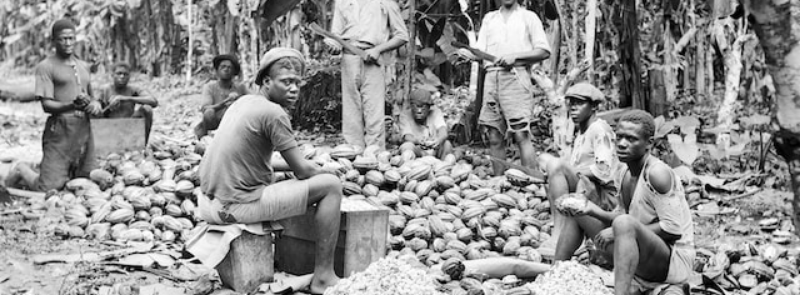
When It Occurs
Every August 23rd
Timeline
Days Passed (914)
# Hashtags
#InternationalDayForTheRemembranceOfTheSlaveTradeAndItsAbolition #SlaveTrade
Every year on August 23rd, the International Day for the Remembrance of the Slave Trade and its Abolition is observed. This day commemorates the beginning of the uprising in Saint Domingue, now known as Haiti, on August 23, 1791, against the slave trade. The uprising played a crucial role in the eventual abolition of the transatlantic slave trade in territories under European colonial powers.
UNESCO chose this day to honor the memory of the transatlantic slave trade. It also serves as a moment to address contemporary issues of exploitation and human trafficking.
Background and History
-
Origin: The International Day for the Remembrance of the Slave Trade and Its Abolition was established by UNESCO (United Nations Educational, Scientific and Cultural Organization) to commemorate the anniversary of the 1791 uprising of enslaved Africans in what is now Haiti. This revolt was a crucial event in the fight against slavery and contributed to the eventual abolition of the transatlantic slave trade.
-
Date: It is observed on August 23rd each year. This date was chosen because it marks the beginning of the uprising in Saint-Domingue (now Haiti) that played a pivotal role in the abolition of the slave trade.
Objectives
-
Honoring Victims: The primary goal of the International Day is to honor the millions of men, women, and children who suffered and died as a result of the transatlantic slave trade and slavery.
-
Raising Awareness: It aims to raise awareness about the history and legacy of the transatlantic slave trade, its impact on societies worldwide, and the importance of remembering and learning from this dark chapter in human history.
-
Promoting Dialogue: The day promotes dialogue, education, and reflection on the causes, consequences, and lessons of slavery, emphasizing the need to combat racism, prejudice, and discrimination in all forms.
Activities and Ways to Participate
-
Educational Events: Schools, universities, museums, and cultural institutions may organize lectures, exhibitions, film screenings, and discussions to educate people about the history of the slave trade and its abolition.
-
Cultural Performances: Communities may host cultural performances, music, dance, and art exhibitions that highlight the contributions of African heritage and celebrate resilience and resistance against slavery.
-
Commemorative Ceremonies: Organizations and governments may hold ceremonies, memorials, or moments of silence to honor the memory of enslaved individuals and their descendants.
How to Participate
-
Learn and Educate: Educate yourself and others about the history of the transatlantic slave trade, slavery, and its impact on societies worldwide.
-
Support Anti-Racism Initiatives: Advocate for policies, programs, and actions that promote racial equality, justice, and human rights for all individuals and communities.
-
Reflect and Remember: Take time to reflect on the significance of the International Day and its meaning in promoting reconciliation, healing, and unity among peoples affected by slavery.
Impact and Significance
-
Historical Awareness: The International Day raises awareness about the historical injustices of the transatlantic slave trade and slavery, fostering understanding and empathy.
-
Promoting Human Rights: It reinforces the importance of upholding human rights, dignity, and equality for all individuals, regardless of race, ethnicity, or background.
-
Global Solidarity: The day promotes global solidarity in the fight against racism, discrimination, and social injustice, emphasizing the need for collective action to build a more inclusive and equitable world.
Conclusion
The International Day for the Remembrance of the Slave Trade and Its Abolition serves as a reminder of the resilience and resistance of enslaved individuals and their descendants, as well as the ongoing fight for justice and equality. By commemorating this day, participating in educational activities, and advocating for human rights, individuals and communities contribute to promoting tolerance, reconciliation, and understanding in our societies.


